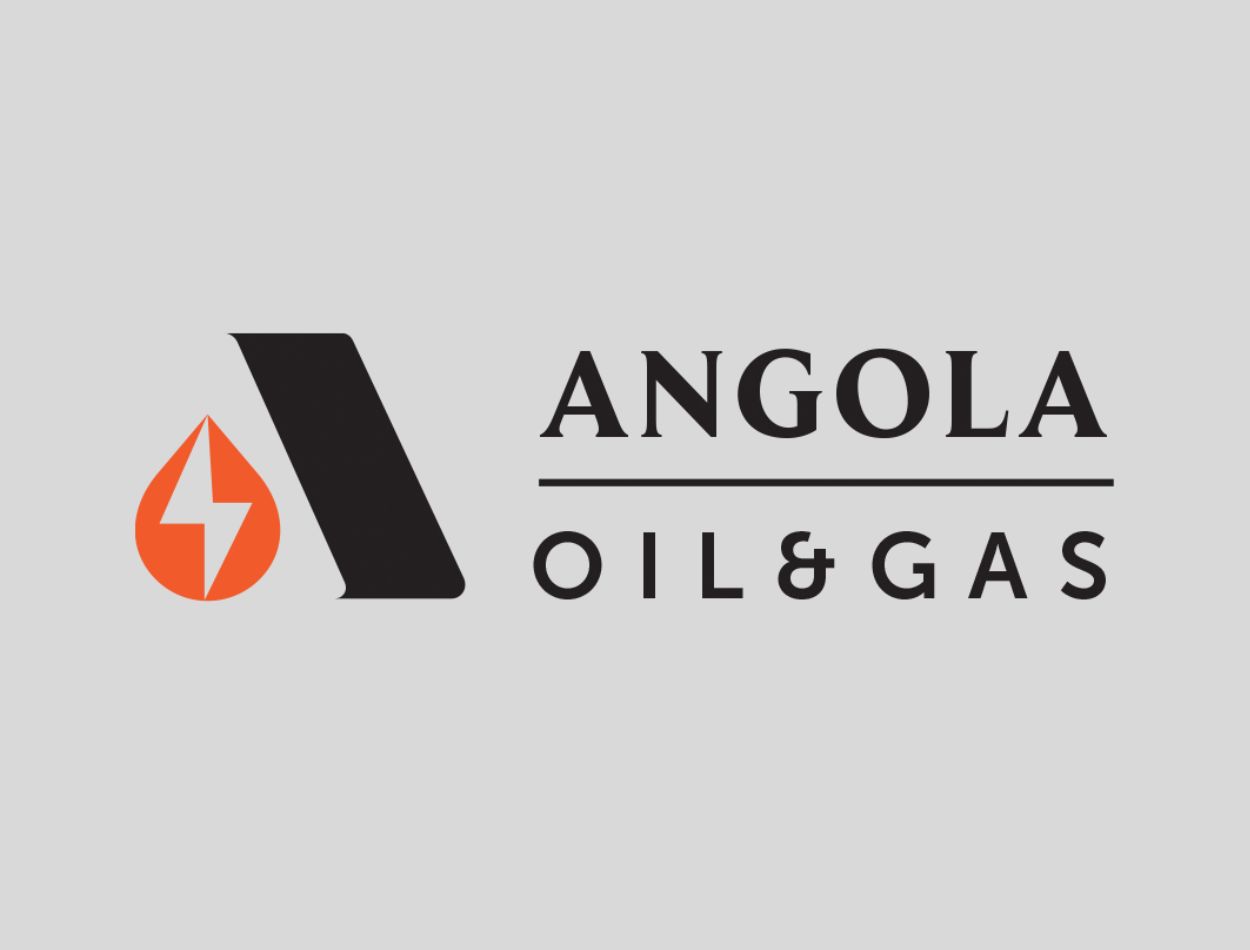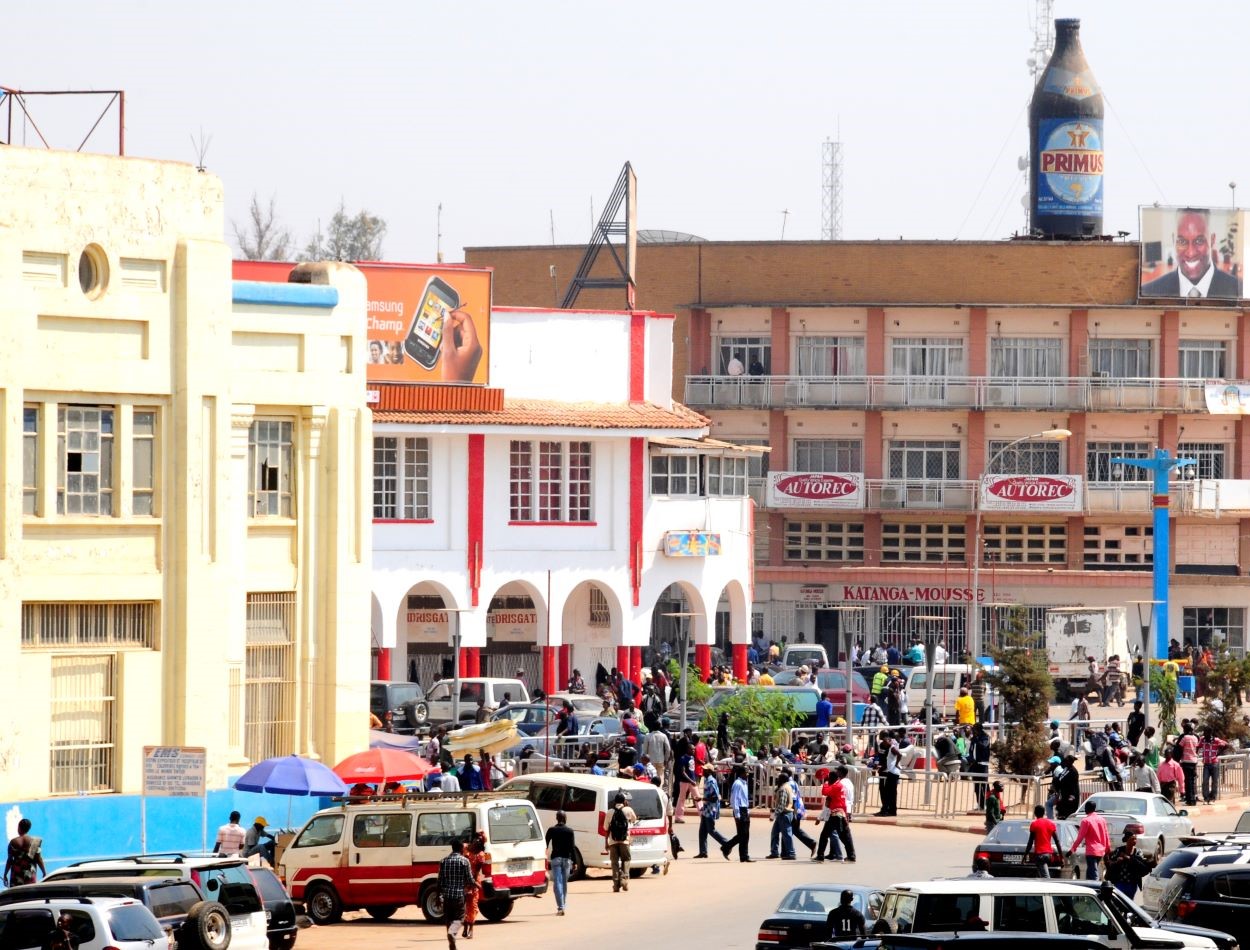Nigeria, Africa’s biggest oil producer, is looking to monetize its vast gas reserves. The West African Country’s state oil company, NNPC, signed an agreement with Bermuda-based Golar LNG to deploy a floating liquefied natural gas (LNG) vessel off the coast of the oil-rich Niger Delta.
This initiative marks a significant step in the country’s ongoing efforts to leverage its substantial gas reserves for economic growth. Nigeria has the largest gas reserves at 203 trillion cubic feet, making up 33% of the LNG industry’s 2021 estimate of Africa’s total gas reserves.
Contents
How Nigeria intends to utilize its gas reserves
According to NNPC spokesperson Olufemi Soneye, the Project Development Agreement (PDA) plans to utilize about 500 million standard cubic feet of gas per day. The project will produce LNG, propane, and condensate.
“The agreement aims to monetize vast proven gas reserves from shallow water resources offshore Nigeria,” Soneye said.
The two companies are expected to reach a Final Investment Decision (FID) before the end of the year and begin production by 2027. This is the second floating LNG accord NNPC has signed in the past year, following two other LNG agreements with investors to increase the country’s domestic supplies and exports.
Infrastructural challenges
Despite having the largest gas reserves on the continent, Nigeria lacks the infrastructure to process it, resulting in an abundance of excess gas. To tackle this problem, the country launched a national gas expansion program in 2020, and the soon-to-be-deployed FLNG is part of this initiative.
The gas expansion program was meant to encourage the use of natural gas in Nigeria, making it a preferred source of cleaner and cheaper energy. The initiative, through strategic partnerships like the NNPC’s agreement with Golar LNG, was expected to boost the production and utilization of compressed natural gas and LNG. The gas produced was not only to be used domestically but also industrially, such as in the manufacture of fertilizer, inadvertently supporting and growing the agricultural sector.
Impact on Nigeria’s economy and global energy markets
By monetizing its reserves, Nigeria can bolster its economy. LNG exports can generate substantial revenue, diversify the country’s portfolio, and reduce its reliance on oil. Moreover, the production of LNG and other gas products can create jobs, stimulate local industries, and attract foreign investments.
Nigeria’s LNG projects come at a time when the world is shifting towards cleaner energy sources, with natural gas viewed as a relatively clean fossil fuel due to its low carbon footprint.
This makes it a preferable option for reducing greenhouse gas emissions. Consequently, increased LNG production will help Nigeria meet the growing demand for cleaner fuel and give it a foothold in the international energy space.
More challenges ahead
That said, the West African country is still way off from realizing this dream. A lot of red tape still needs to be cut through. For instance, several financial, technical, and regulatory challenges will occur before an FID is reached and production begins in 2027.
Additionally, the environmental impact of offshore LNG operations must be looked into and managed carefully.
Deploying floating LNG vessels involves complex engineering and stringent safety standards that need to be adhered to prevent ecological damage. As such, there has to be regulatory oversight to minimize environmental risks.
Ultimately, Nigeria’s deal with Golar LNG is instrumental in harnessing and utilizing Nigeria’s gas potential.
If executed successfully, the project will transform Nigeria’s energy sector, drive economic growth, and place the country at the forefront of the clean energy campaign.






